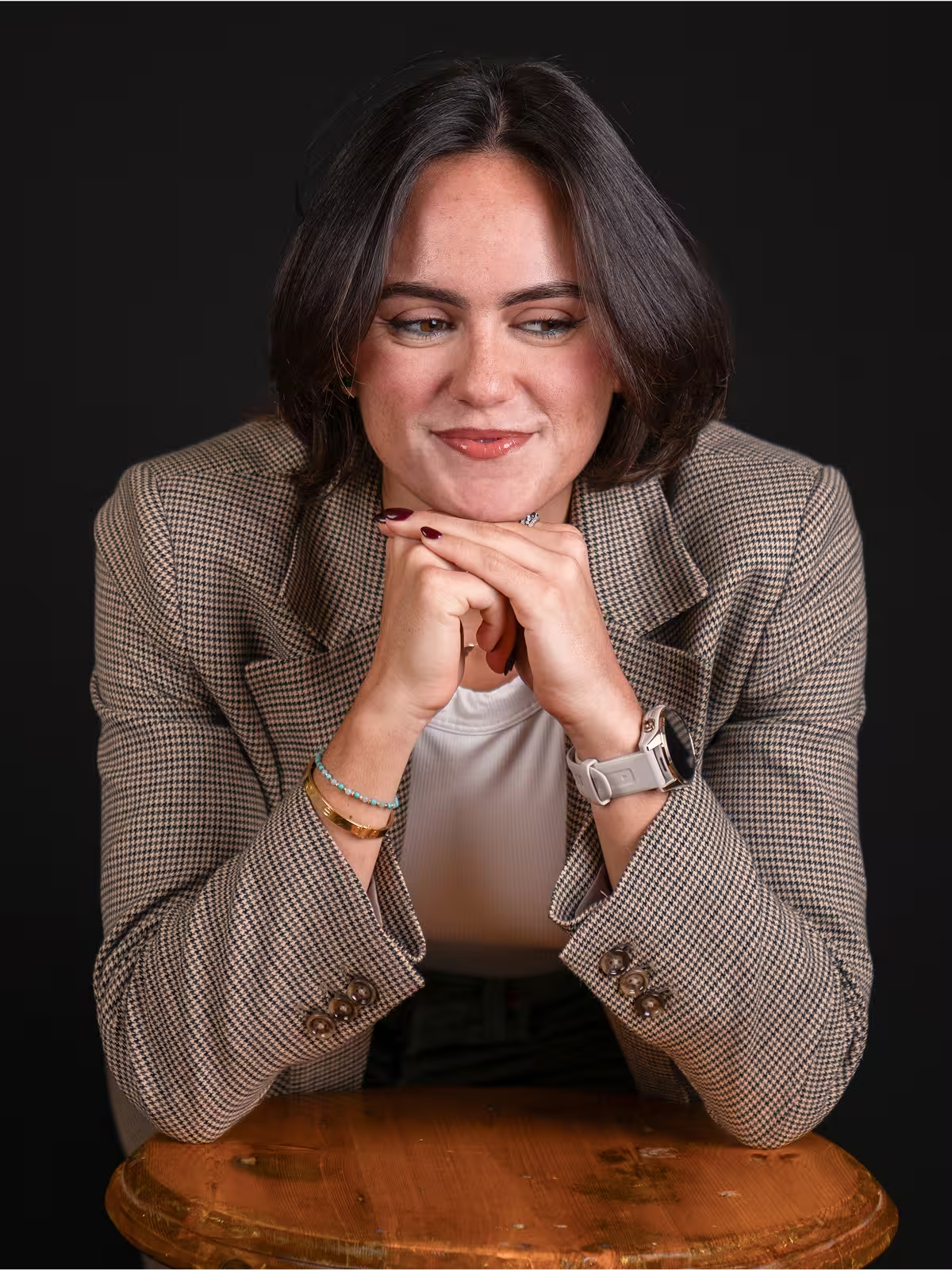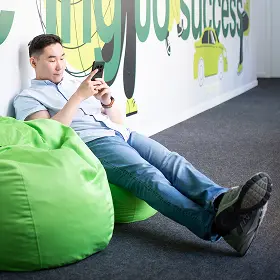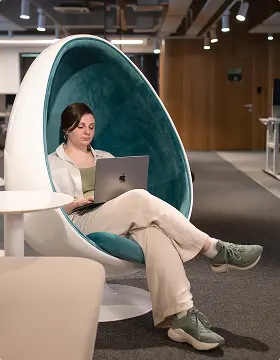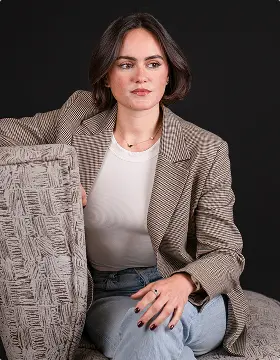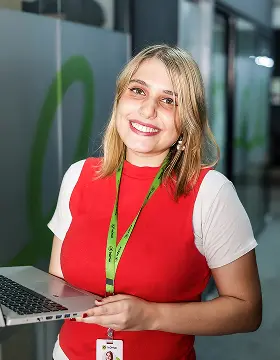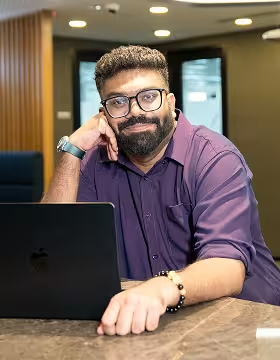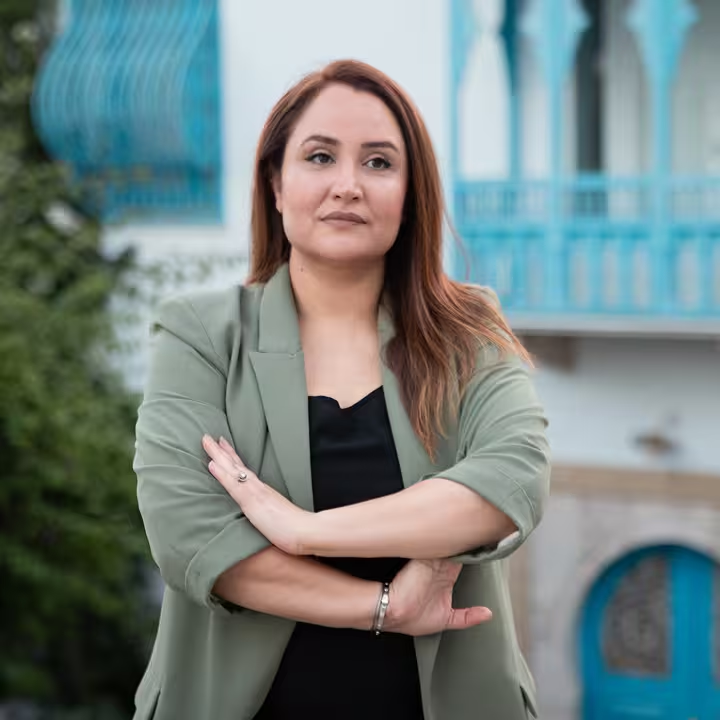Small, personal acts can lead to real confidence and bigger life changes




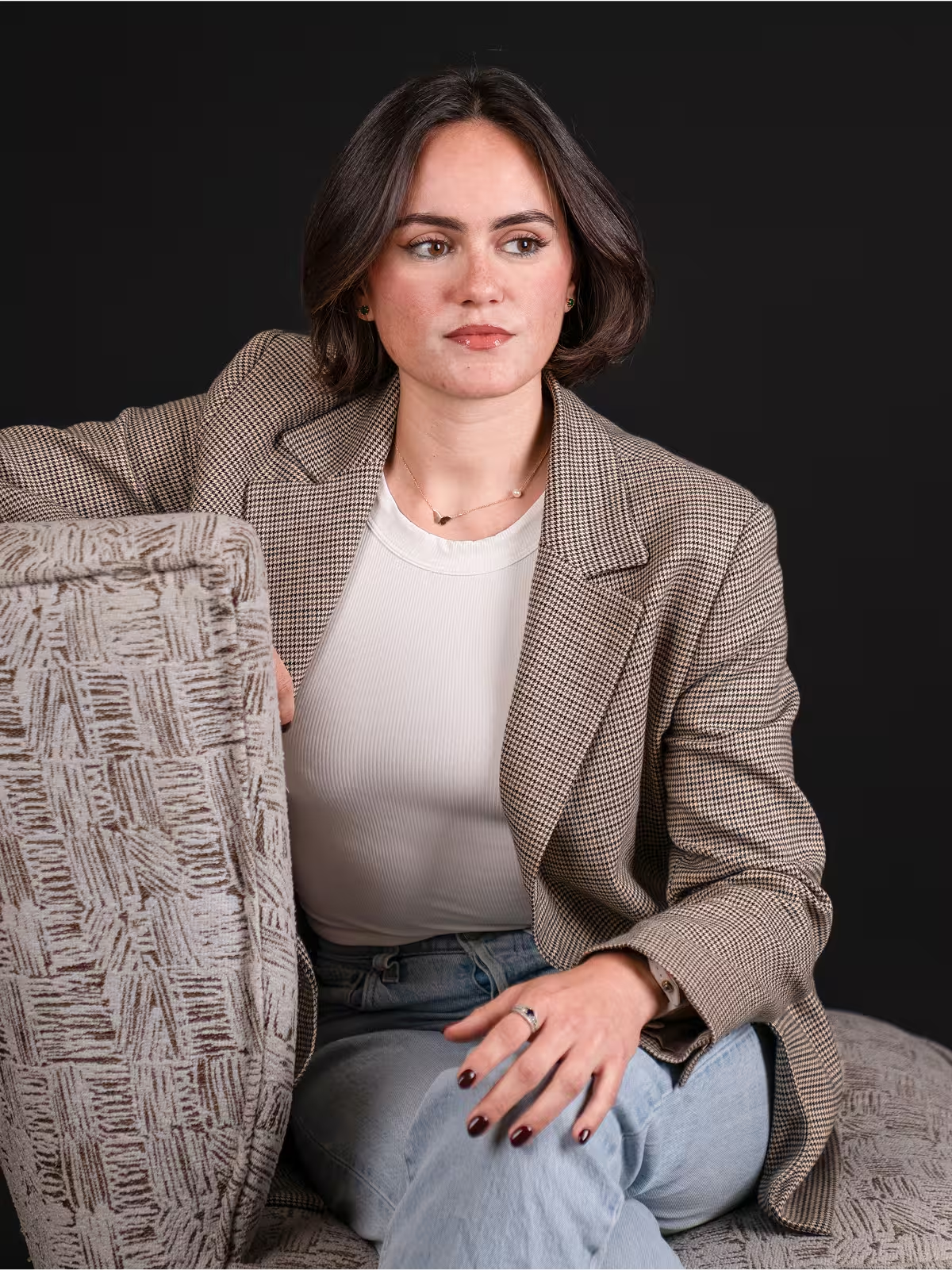
Two years ago, I started asking myself what I really wake up for in the morning.
helpingFinding a role that aligned with that feeling was nearly impossible - it just didn’t exist. But I kept looking, and eventually I found it - or it found me. What I’ve learned is that if you’re truly honest with yourself about what you want and consistent in believing it’s possible, things do eventually align.




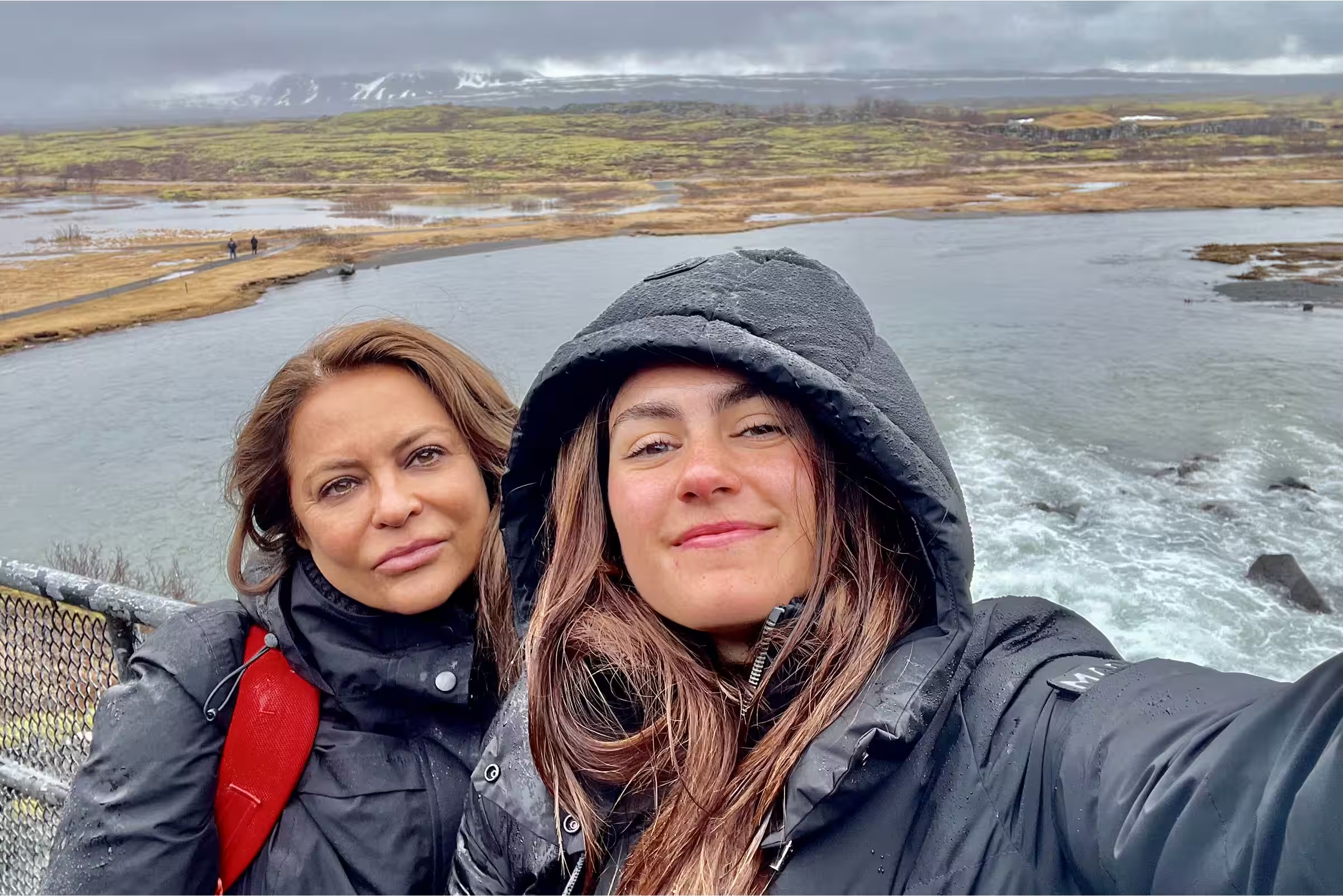
I was raised by a strong mother who left Iran after the Iranian revolution.
helpingShe raised me with two core beliefs: never lose your financial independence to a man, and you can do anything. So I grew up believing I could. If I wanted to play a sport the boys were playing, I played it.



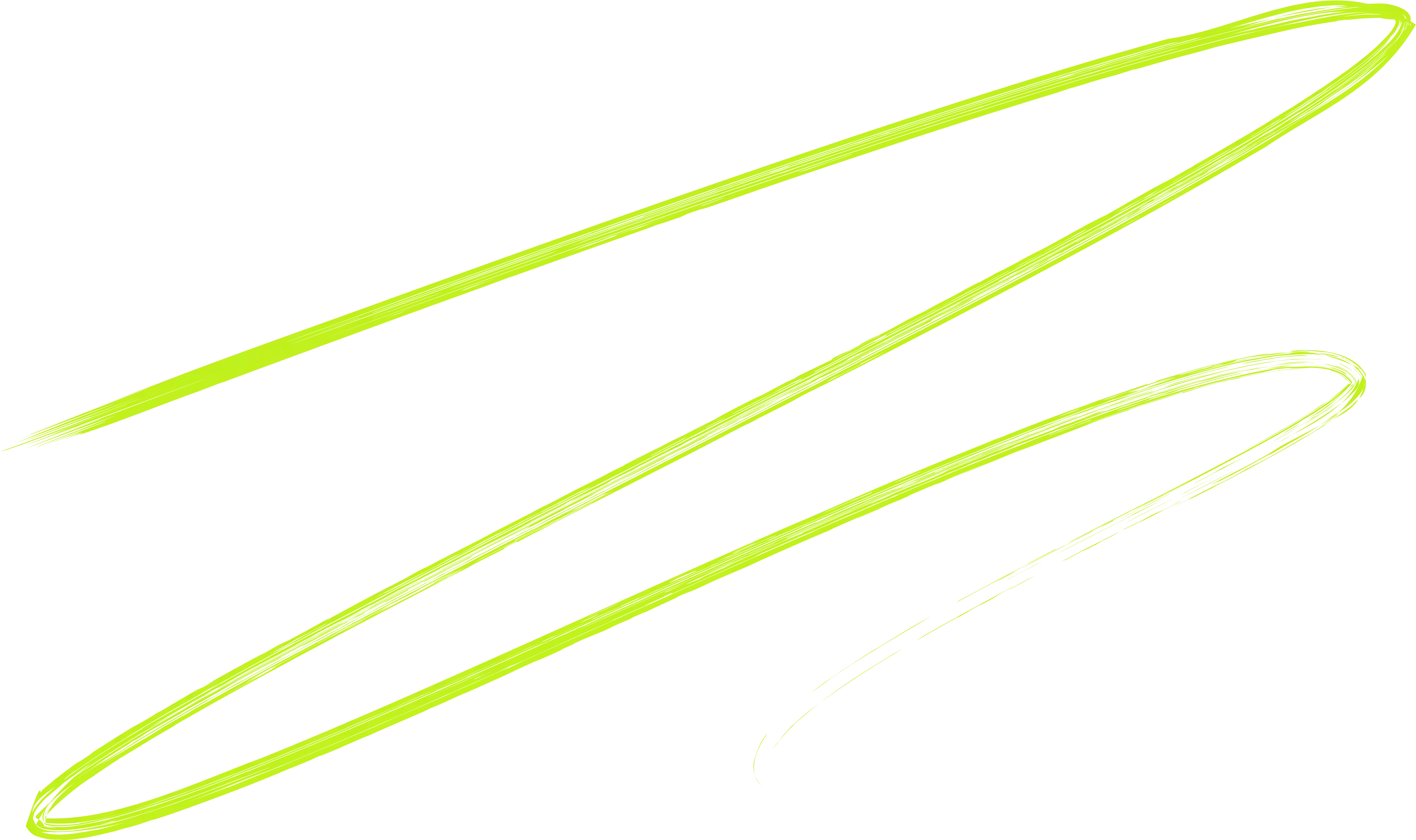

If I wanted to try something new, I tried it. I never had that “I can’t do this, so I won’t try” mindset.
helpingI didn’t realize how powerful that was until I started working. I saw women around me who were brilliant at their jobs. Working at banks, consulting firms, startups, and yet they weren’t asking for more money or pushing for the next step. When we talk about the gender gap, part of it is internal. Sometimes, we get in our own way.









No one is going to come up to you and say,
“Hey, I think you’re underachieving, here’s a bigger role.”
You have to go for it.
helpingI kept thinking, “If I work hard, I’ll get promoted and be recognized,” but effort doesn’t always equal reward. So I started advocating for myself, even when it felt uncomfortable. I had bosses tell me I was asking for too much, that I was being arrogant. But I left, found new roles, and doubled my salary. I realized I was lucky to have a brain wired to think, “I’m scared, but I can do this.”




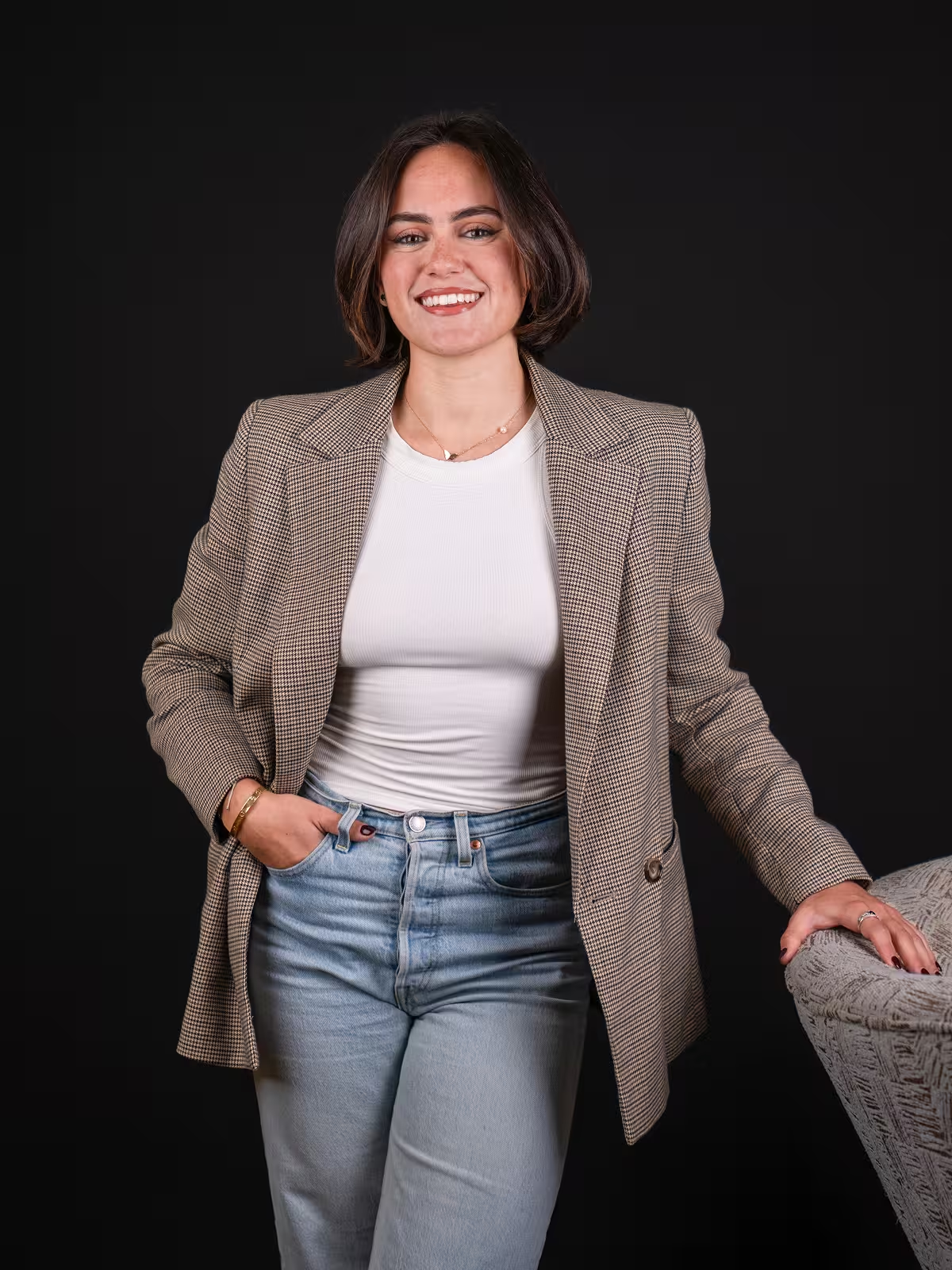
Eventually, I was in a nice role in venture capital, but I just didn’t care. I’d wake up, and I didn’t see the point.
helpingIt was the same kinds of male founders building the same types of companies. The world had so much negativity, and I didn’t feel connected to the work. I thought I’d suffer burnout from overwork, but what I had was apathy burnout - the kind where you don’t care anymore, and that, in itself, burns you out.








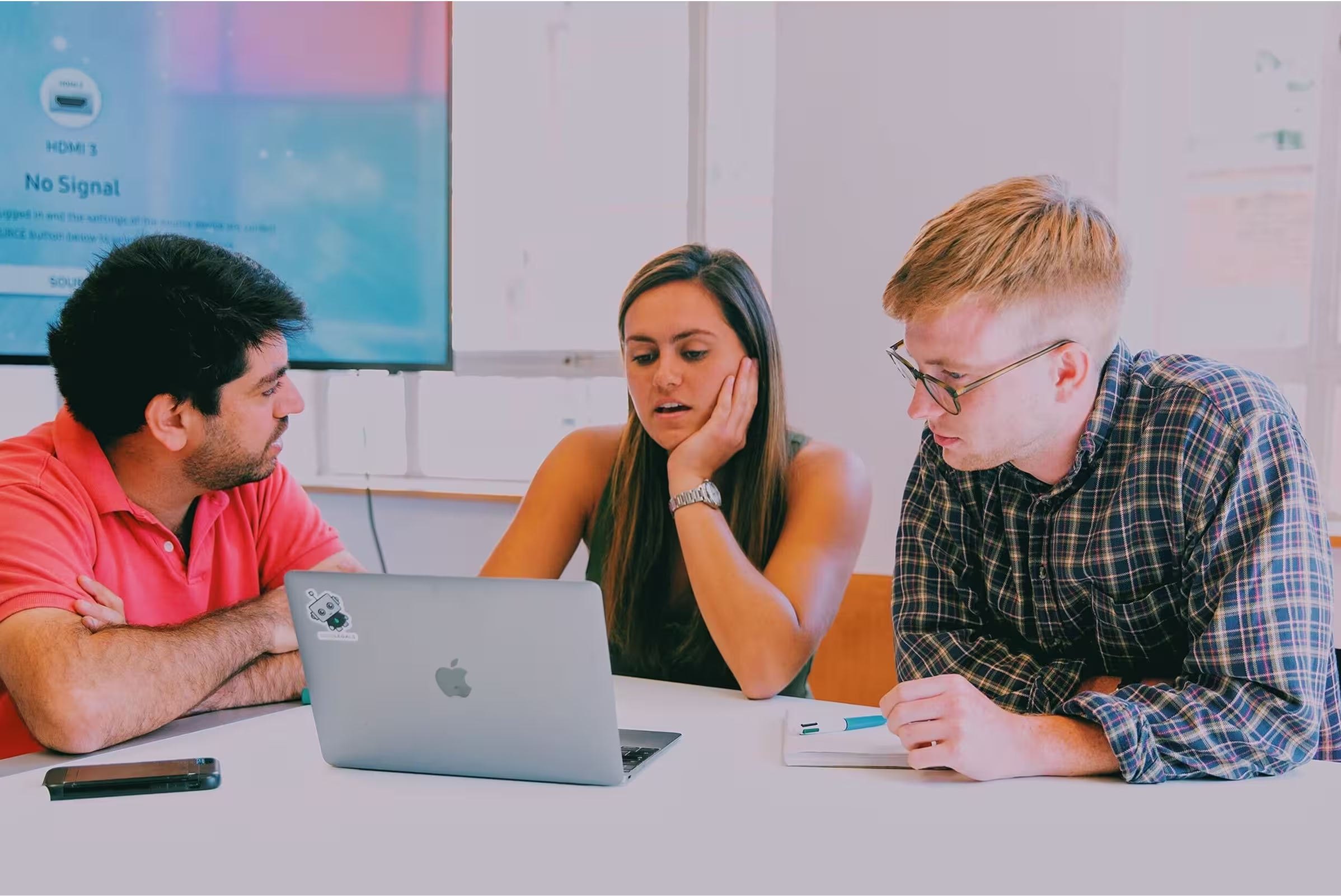
Over Christmas, my partner gave me a book called “We Should All Be Millionaires”. One part asked: what’s your area of genius? Not what you’re good at, but what comes naturally to you.
helpingFor me, it was leaving people better than I found them in conversation. I wasn’t sure that was a job, but I knew I wanted to give people, especially women, that kind of “delusional confidence” my mother gave me.
helpingSo I started asking the women I admired about moments when they did something not because they had to, but because they wanted to. The stories were fascinating. I spoke to everyone from a former chief of staff at Google to a mother of four.
helpingTheir most powerful moments weren’t about business exits or promotions: they were about leaving a partner, going to the gym for the first time, choosing to become a full-time mother. Things that seemed ordinary but were deeply transformative.





One story was from a brilliant woman with a PhD from Oxford. At 30, she finally cut her hair short - something she’d wanted to do for years.
helpingSociety tells women that short hair isn’t attractive. But she did it, and she said it was the first time she truly felt like herself. That became a theme for me: small, personal acts can lead to real confidence and bigger life changes.
helpingThat’s how my podcast started. It wasn’t about five steps to success. It was: tell me about a day you did something that mattered to you. Just one story. No bios, no full life reviews. That story format made it relatable, memorable, and powerful. I’ve had people message me saying it helped them.
helpingAnd we only launched three episodes! I’d recorded thirty, but I moved to Dubai and started a new job, and it became too much to manage. But the impact was real, and people kept asking when it would come back.





Interestingly, that podcast, not my eight years of experience, was what got me the job at inDrive.
helpingWhen I got the message from a recruiter, I thought it was a scam. I’d never heard of the company. But it was real. And even when I joined, I braced for disappointment because I knew how tough startups can be. But it turned out to be exactly what it claimed to be.
helpingI got to work with incredible people, on a meaningful mission, and earn good money. That combination is rare. Everyone I’ve spoken to at the company mentions the purpose as one of the main reasons they joined. That’s special.








